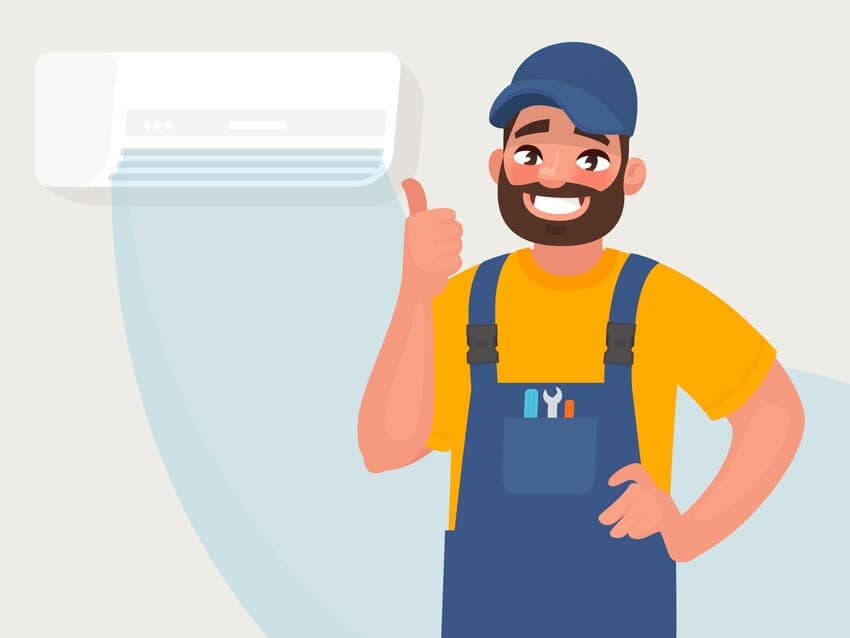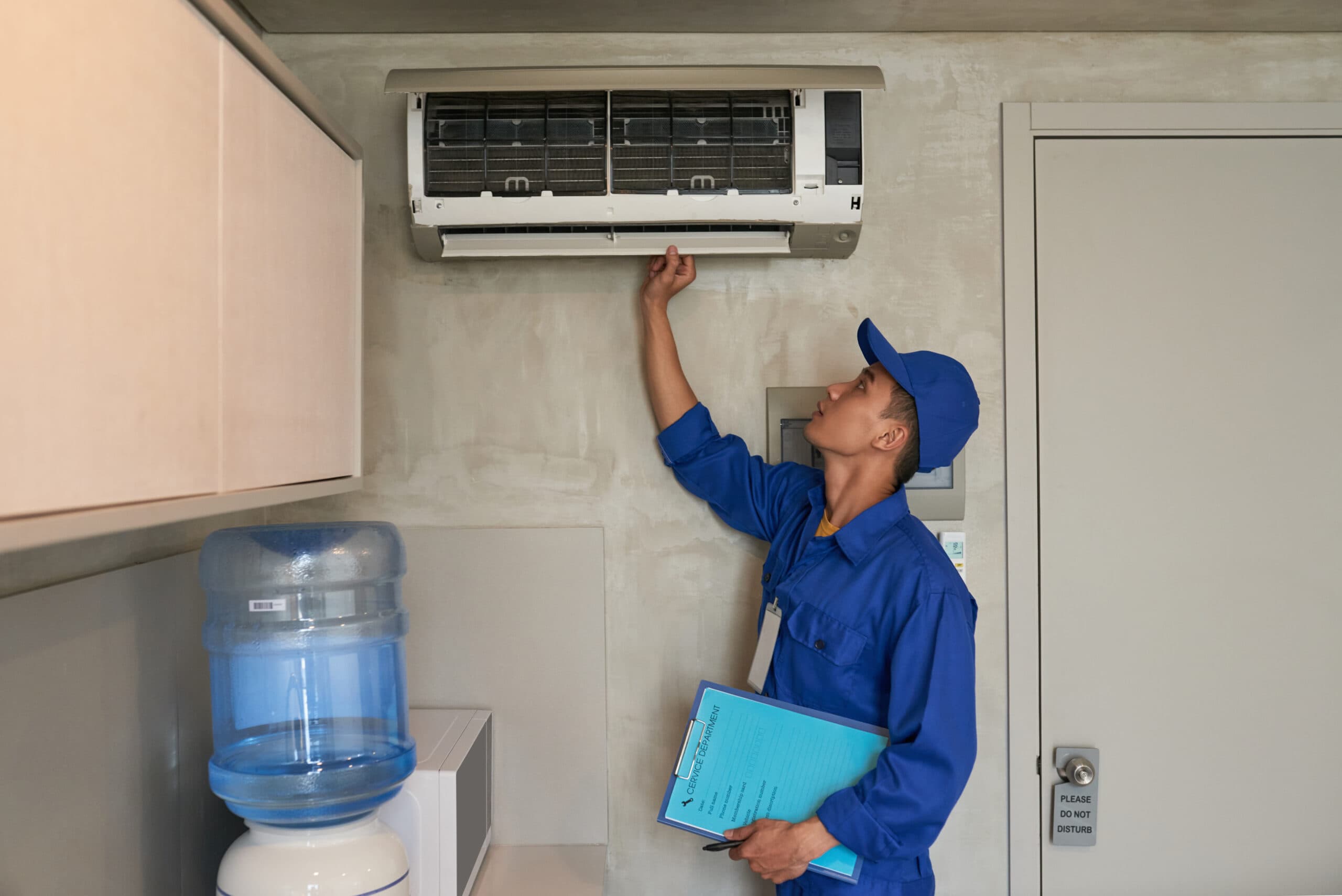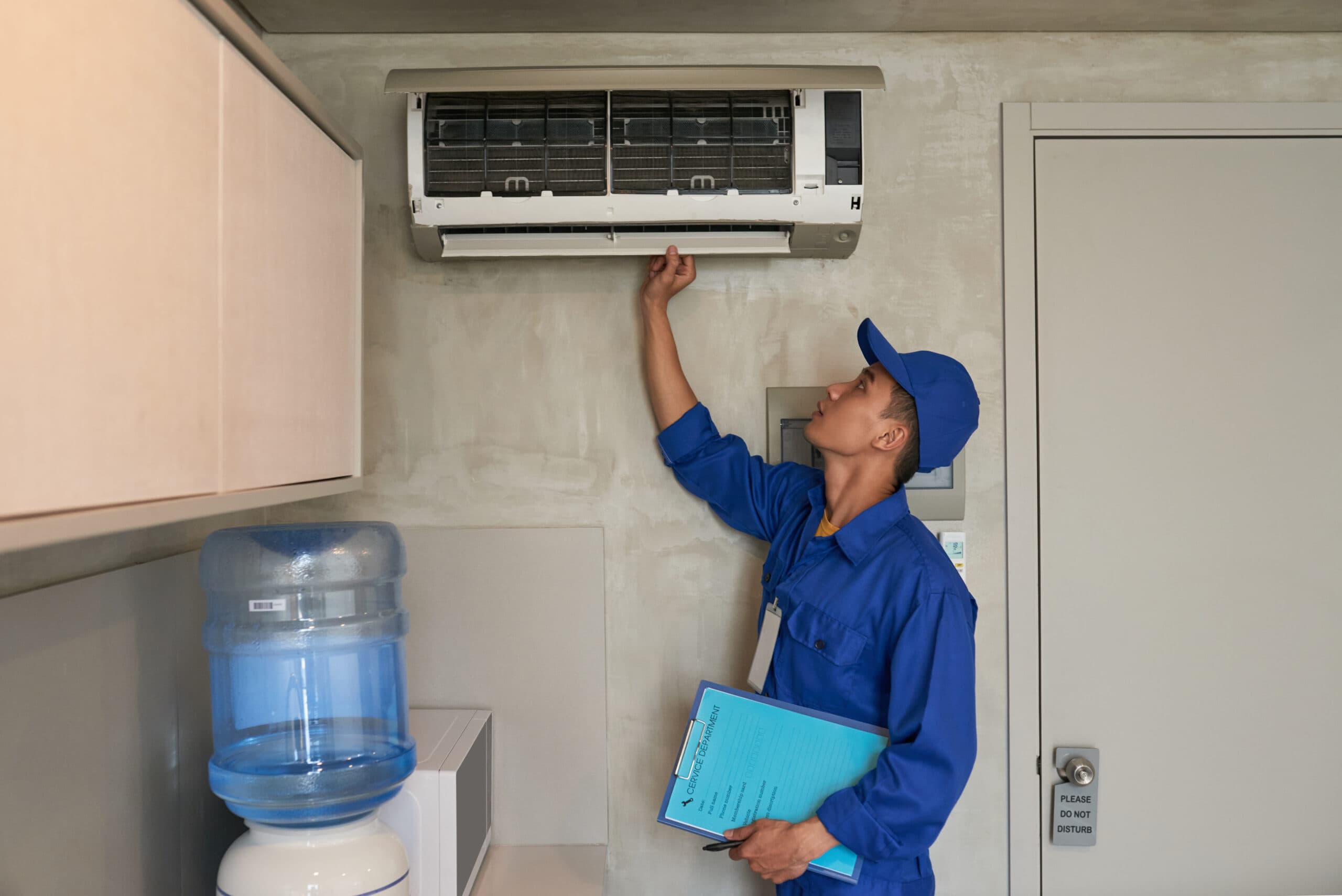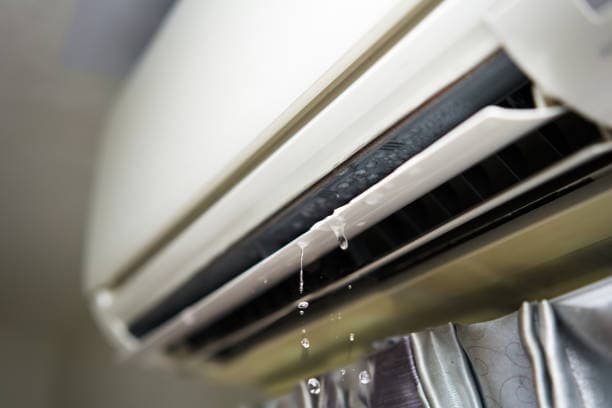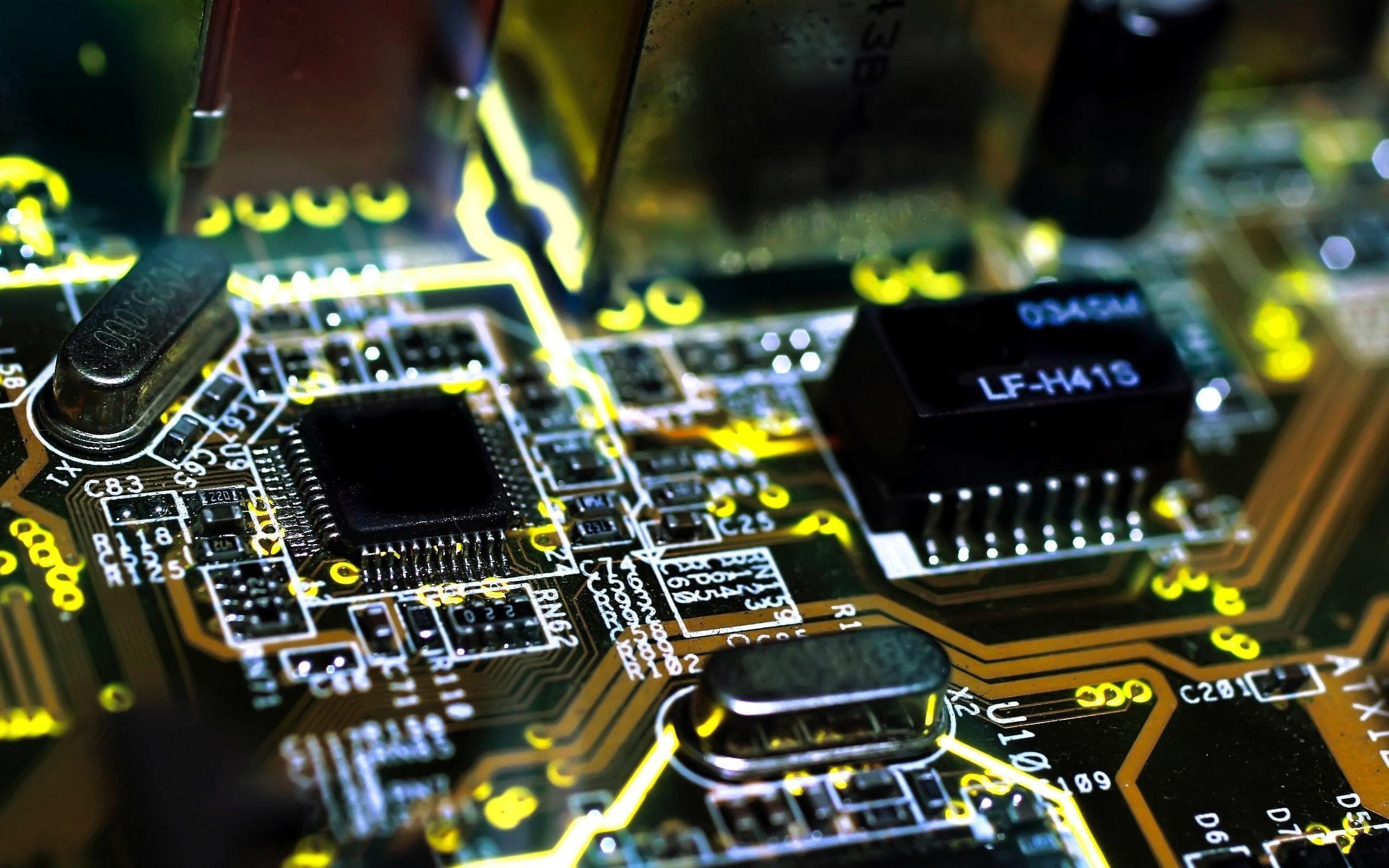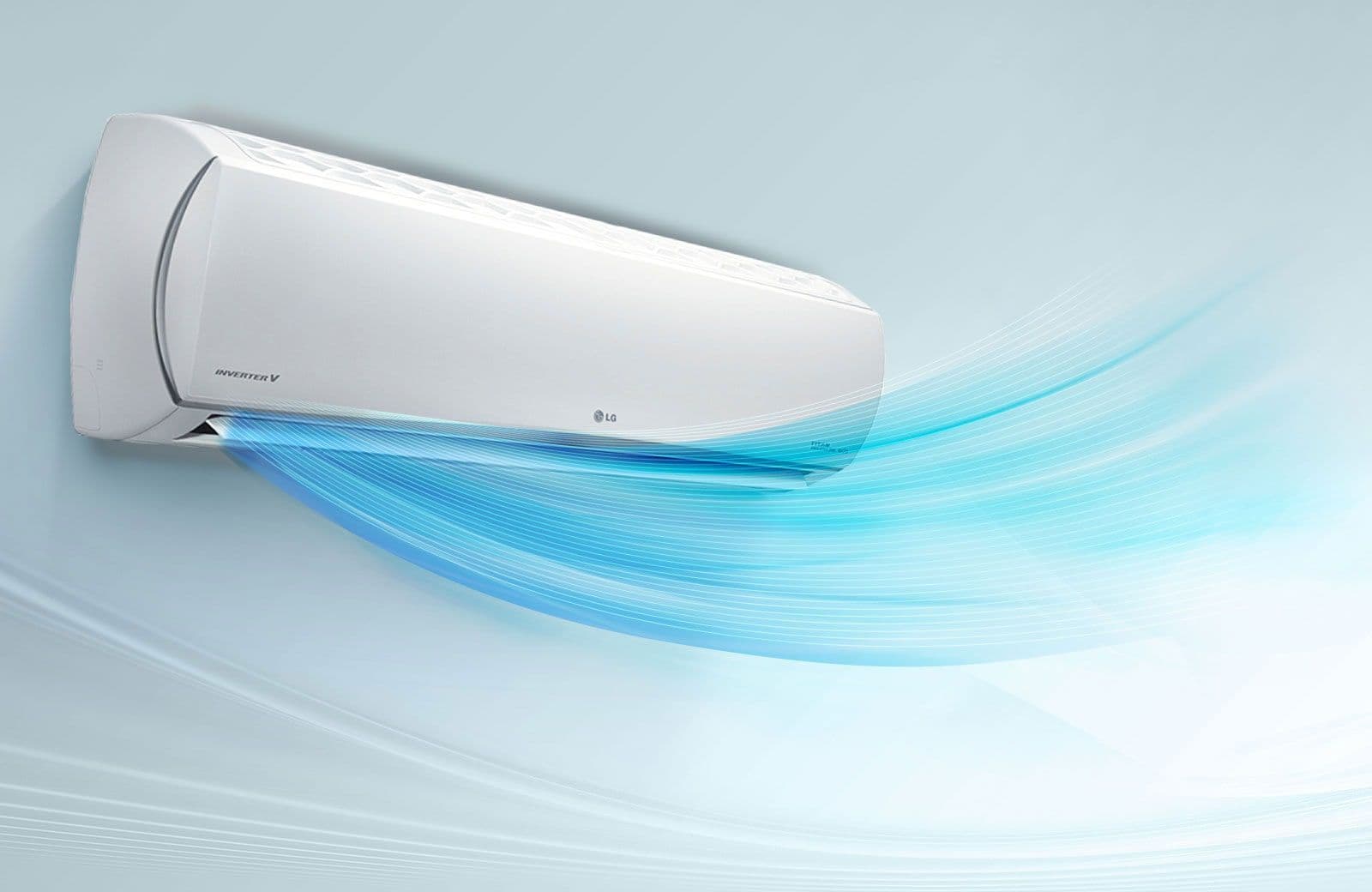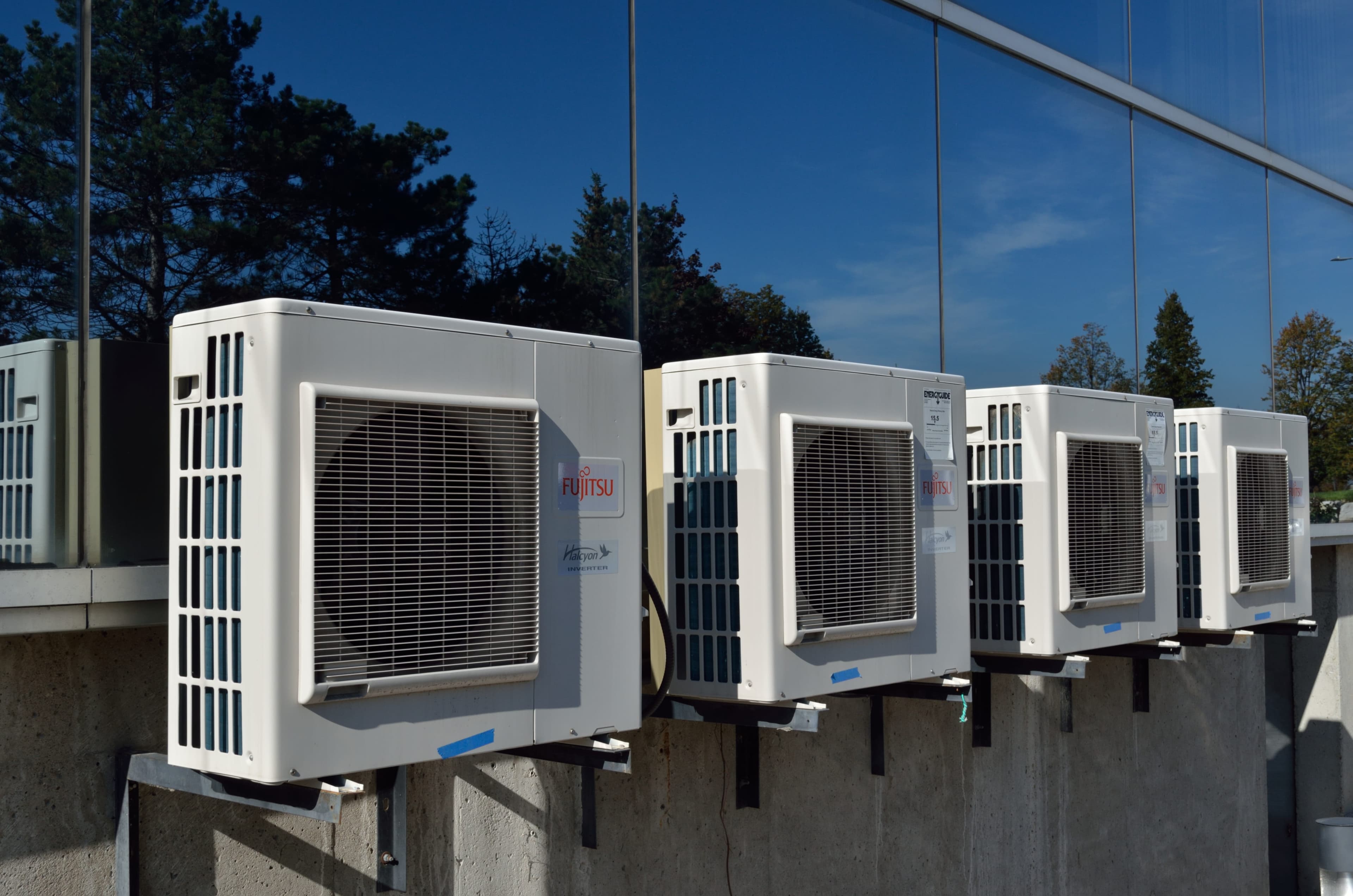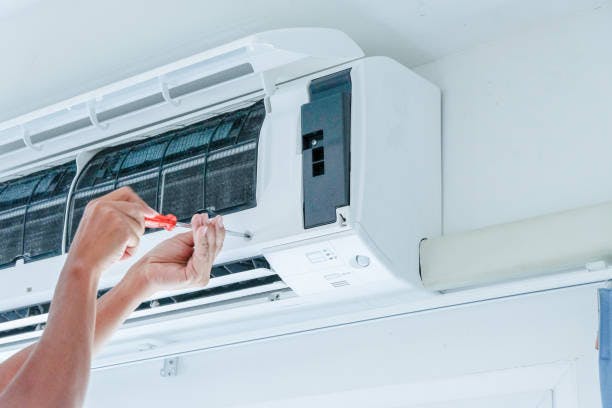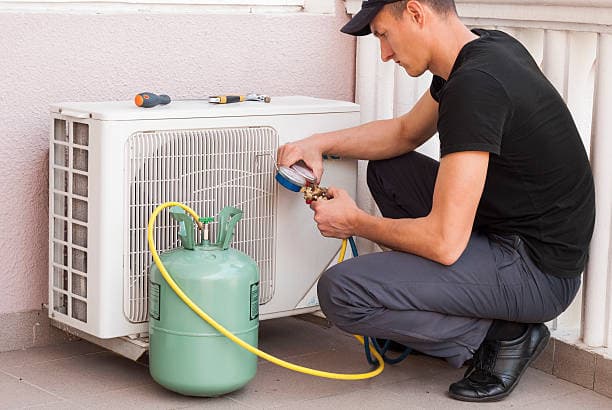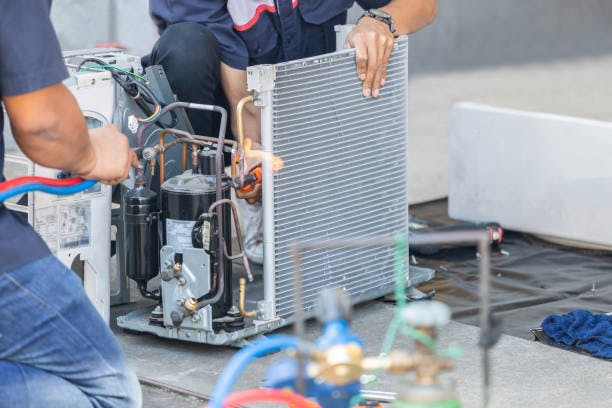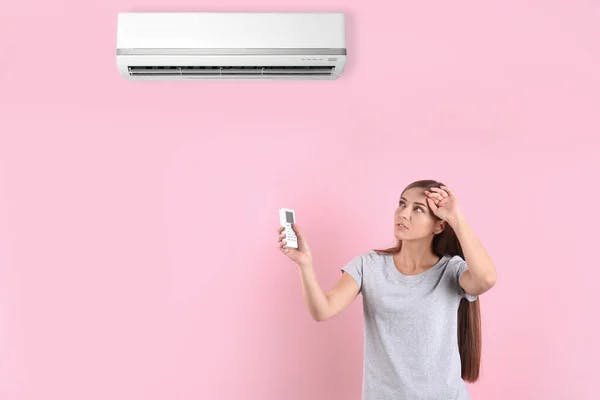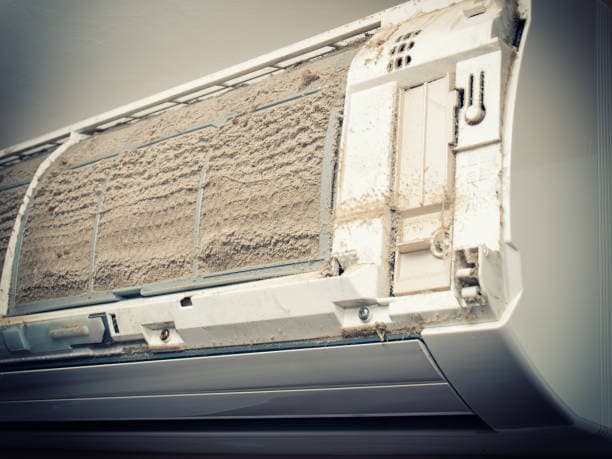Singapore’s tropical climate can make air conditioning a necessity rather than a luxury, especially in rental properties. To ensure a comfortable living environment, it’s crucial to address aircon servicing and repairs promptly. But who bears the responsibility for aircon servicing and repairs in rental properties in Singapore? In this article, we’ll explore the common questions and issues surrounding aircon servicing in rental properties.
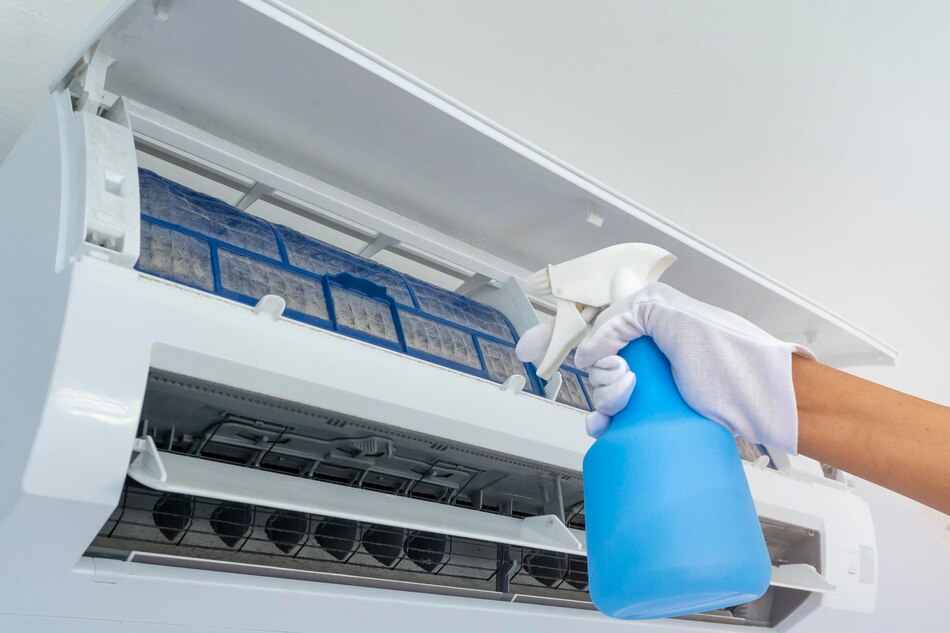
Do Tenants or Landlords Service Aircon in Singapore?
The responsibility for aircon servicing in Singapore rental properties often depends on the terms outlined in the tenancy agreement. Typically, landlords are responsible for the initial servicing and maintenance of air conditioning units before a new tenant moves in. This includes ensuring that the aircon units are clean and in good working condition.
Who Should Pay for Repairs: Landlord or Tenant?
When it comes to repairs, the general rule is that landlords are responsible for major repairs and replacements due to normal wear and tear. This includes issues like compressor failure, motor problems, or leaks. However, if the tenant is found to be responsible for the damage, or has not followed the regular aircon service terms as per the tenancy agreement, they may be liable for the repair costs.
Should Tenants Pay for Aircon Repair?
Tenants are usually not responsible for the cost of repairing air conditioning units if the damage is not due to their negligence or misuse. However, tenants are expected to report any issues with the aircon promptly to the landlord to prevent further damage and ensure timely repairs.
Who Pays for Aircon Servicing?
Regular aircon servicing, such as cleaning the filters and checking for minor issues, is typically the responsibility of the tenant during the tenancy period. It’s essential for tenants to maintain the cleanliness of the air conditioning units to ensure they function efficiently. Some tenancy agreements may specify a schedule for aircon servicing, so tenants should review their lease to understand their obligations.
Do Tenants Have to Do Aircon Chemical Servicing After the End of the Tenancy Period?
Aircon chemical servicing is a more extensive and thorough cleaning process that involves dismantling and cleaning various components of the air conditioning unit. In most cases, tenants are not responsible for aircon chemical servicing after the end of the tenancy period unless specified otherwise in the tenancy agreement. It’s typically the landlord’s responsibility to ensure the unit is in good condition for the next tenant.
Tips for Tenants and Landlords:
- Read and Understand the Tenancy Agreement: Both tenants and landlords should carefully read and understand the terms of the tenancy agreement regarding aircon servicing and repairs. If there are any ambiguities, consider clarifying these points before signing the contract.
- Regular Maintenance: Tenants should perform regular maintenance, such as cleaning filters, to ensure the air conditioning units function optimally. This can help prevent major issues and prolong the lifespan of the units.
- Document and Report Issues: Tenants should promptly report any aircon issues to the landlord and document the condition of the unit during move-in and move-out to avoid disputes over damages.
- Communication is Key: Landlords and tenants should maintain open and clear communication regarding aircon servicing and repairs to ensure a comfortable living environment for the tenant and the longevity of the equipment.
In Singapore, the responsibility for aircon servicing and repairs in rental properties is primarily determined by the terms of the tenancy agreement. Landlords generally bear the responsibility for major repairs and initial servicing, while tenants are typically responsible for regular maintenance and minor issues during the tenancy period. To avoid disputes and ensure a pleasant living experience, both landlords and tenants should understand their obligations and communicate effectively when it comes to air conditioning maintenance and repairs.
